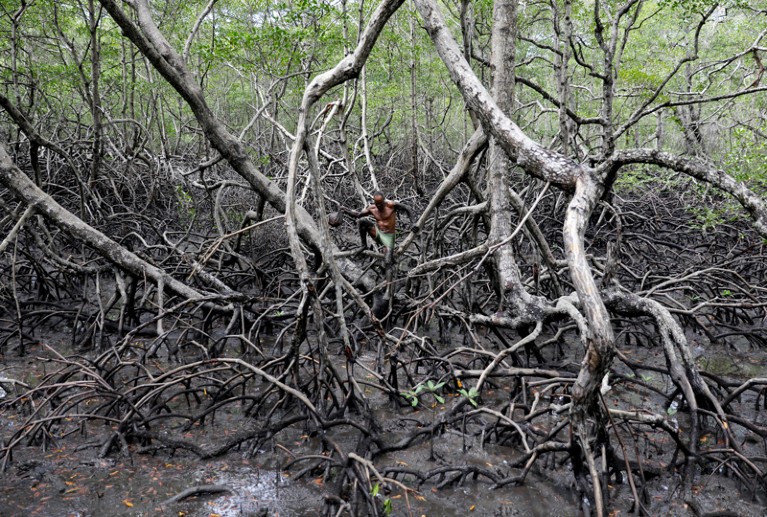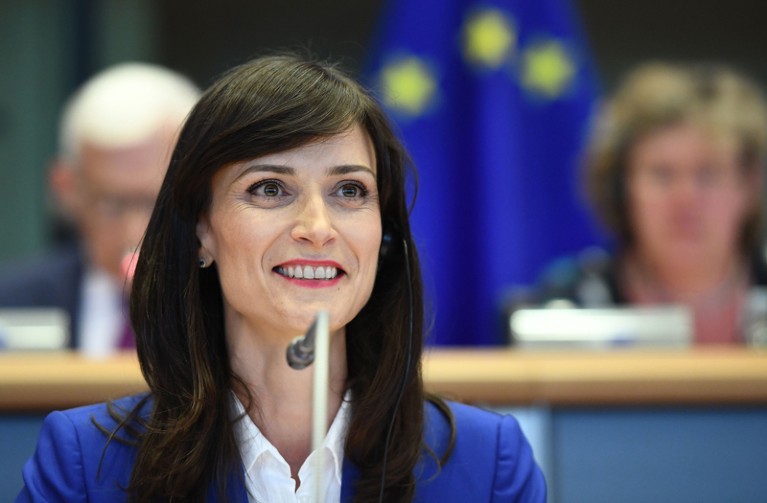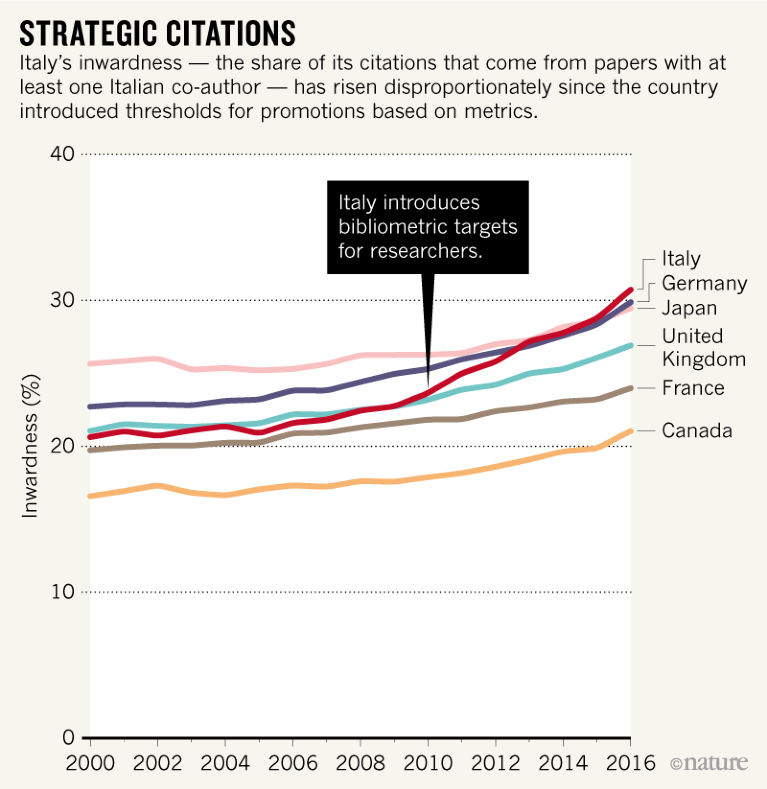CLIMATE CHANGE
The cost of climate adaptation Investing US$1.8 trillion in climate-change adaptations globally could generate $7 trillion in benefits, says the Global Commission on Adaptation, a United Nations committee convened to help address the effects of a warming world. The group released a report on 10 September urging improvements in five areas from 2020 to 2030 to help mitigate the effects of climate change on society and the environment. The areas are: improving early-warning systems for natural disasters such as floods; investing in climate-change-resilient infrastructure; developing better farming practices; implementing efficient water-management systems; and conserving mangroves (pictured, in Brazil; this snapshot is part of a series of climate-focused images that Nature is running as part of the Covering Climate Now initiative). Without these adaptations, the commission says, climate change could reduce global agricultural yields by up to 30% by 2050. It could also drag more than 100 million people in developing countries below the poverty line by 2030.

Mangrove forests in Brazil.Credit: Nacho Doce/Reuters
POLITICS
Science minister Chris Skidmore was reappointed as the United Kingdom’s universities and science minister on 10 September, less than two months after leaving the role. He replaces Prime Minister Boris Johnson’s brother, Jo Johnson, who took over in July but resigned from the government on 5 September, citing conflicts between what he thinks is best for the country and his family ties. In his first speech back in the job, Skidmore said that he was determined to see “renewed focus given to basic research”, which he said had been dwindling as a proportion of the United Kingdom’s overall science spending. Unlike Jo Johnson, Skidmore will not attend Cabinet, the decision-making body of senior UK ministers. Skidmore was previously appointed science minister in December 2018.
Political storm Democrats in the US House of Representatives launched an investigation on 11 September into potential political interference at the National Oceanic and Atmospheric Administration (NOAA). On 1 September, President Donald Trump inaccurately claimed on Twitter that Hurricane Dorian threatened Alabama. NOAA’s National Weather Service office in Birmingham, Alabama, set the record straight minutes after Trump’s tweet, but the president continued to insist that he was correct. On 6 September, NOAA issued a statement defending Trump and rebuking the Birmingham office. The House inquiry centres on reports that NOAA had warned its scientists not to contradict Trump, and that the secretary of the commerce department — which oversees the agency — threatened to fire NOAA employees for doing so. The inspector-general of the commerce department is conducting a similar inquiry.
INSTITUTES
South Korea revamp The Institute for Basic Science (IBS) — South Korea’s flagship basic-research organization — is being restructured. The nation’s science ministry announced on 10 September that the reforms will include changes to the institute’s administrative structure, its purchasing system and its pay grades. In the past year, the organization has been rocked by media reports that alleged that financial-mismanagement had occurred at several IBS centres. As a result, 28 of the institute’s 30 centres have been audited; the most recent investigation ran until August. IBS chair Doochul Kim told Nature that most of the allegations against the IBS amount to administrative errors rather than nefarious wrongdoing. The IBS was founded in 2011, and is often referred to as South Korea’s Nobel-prize project — an attempt to win the country’s first scientific Nobel.
GENOMICS
Biobank genomes The UK government announced plans on 11 September to sequence the complete genomes of all 500,000 participants in the UK Biobank by 2023. Researchers around the world already use the limited genome data in the database, which also contains information from blood and urine samples, to link genetics with diseases and traits. The £200-million (US$248-million) whole-genome sequencing effort will be funded by several pharmaceutical companies — Amgen, AstraZeneca, GlaxoSmithKline and Johnson & Johnson — as well as the UK government and the Wellcome biomedical-research charity in London. The industry funders will get preferential access to the data for nine months before other scientists can request access.
POLICY
EU research chief Bulgarian political scientist Mariya Gabriel has been nominated as the European Union’s next commissioner for research. If confirmed in the post, Gabriel will lead the European Commission’s newly named — and expanded — Directorate General for Innovation and Youth. The policy department, previously called Research and Innovation, will now combine research, innovation, education, youth affairs and sport. As commissioner, Gabriel (pictured) would be in charge of the EU’s next major research programme, Horizon Europe, and the European Research Council, the continent’s premier basic-research funder. European Commission president-elect Ursula von der Leyen announced the nomination alongside those of 17 other commissioners on 10 September. If she passes parliamentary hearings next month, Gabriel will succeed the current commissioner for research and innovation, Portuguese economist Carlos Moedas.

Bulgaria’s Mariya Gabriel has been chosen for the European Commisson’s top research job.Credit: Emmanuel Dunand/AFP/Getty
Animal testing The US Environmental Protection Agency (EPA) is trying to sharply reduce its use of animals in toxicity tests. Agency administrator Andrew Wheeler signed a directive on 10 September that commits the EPA to reduce its funding request for animal studies by 30% by 2025, and to phase them out entirely by 2035. After 2035, any tests or funds for studies involving animals such as mice would require the approval of the agency administrator. The plan will affect research by EPA scientists and industry, but agency officials have said that the shift away from animal experiments won’t limit chemical regulation or reduce public safety. Many scientists and environmentalists disagree, saying the move is premature and could undermine chemical regulation. The EPA awarded US$4.25 million in grants to four universities for research into alternative toxicity-testing methods.
PRIZES
Lasker awards Two scientists who discovered the roles of key immune cells have won a prestigious Lasker award. Immunologists Jacques Miller, at the Walter and Eliza Hall Institute of Medical Research in Melbourne, Australia, and Max Cooper, at Emory University in Atlanta, Georgia, will split the US$250,000 prize for basic medical research. The duo identified T and B cells; B cells produce antibodies and T cells form a defence against virus-infected cells and cancer cells. Three scientists — H. Michael Shepard, Axel Ullrich and Dennis Slamon — who helped to develop the antibody drug trastuzumab (Herceptin), used to treat certain breast cancers, won the Lasker clinical-research award. And the 2019 public-service prize went to Gavi, the Vaccine Alliance. This non-governmental organization in Geneva, Switzerland, raises funds to pay for vaccines in developing countries.
TREND WATCH
Italy is climbing international rankings of research impact, but that doesn’t mean the country’s science has improved or become more influential. An analysis suggests the upward trend could be largely the result of Italian academics referencing each other’s articles to satisfy controversial management targets at universities. A team led by Alberto Baccini of the University of Siena in Italy used a citation-analysis tool called SciVal to look at all the citations that Italian papers received from 2000 to 2016. The proportion of those citations that came from papers with at least one Italian co-author provided an indicator of “inwardness”. After 2009, Italy’s inwardness rose rapidly compared with that of other countries. Baccini and his colleagues say this jump might be caused, in part, by an increase in individual self-citation, and possibly by “citation clubs”, in which scientists strategically reference each other’s works. In 2010, Italy passed a law that requires researchers to meet thresholds in certain metrics — such as the number of journal articles they publish and the number of citations they receive — before they can be hired or considered for promotion to particular levels.

Source: A. Baccini et al. PLoS ONE http://doi.org/dbjp (2019).



